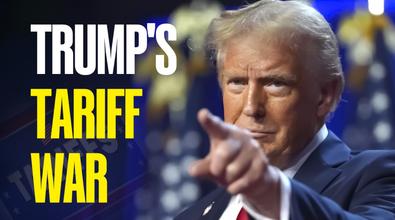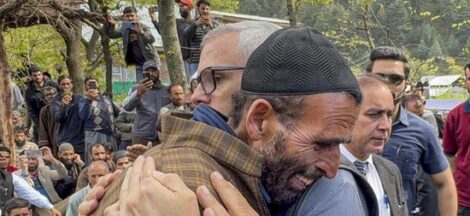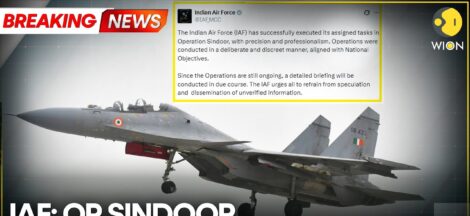President Donald Trump’s executive order aiming to end birthright citizenship for children born to non-citizens in the United States has ignited significant legal challenges and widespread concern among immigrant communities, particularly those from India. The order, signed on January 20, 2025, seeks to reinterpret the 14th Amendment’s Citizenship Clause, which has historically granted citizenship to anyone born on U.S. soil, regardless of parental status.
The executive order specifies that children born in the U.S. will no longer receive automatic citizenship if their mother was unlawfully present or on a temporary visa at the time of birth, and the father was neither a U.S. citizen nor a lawful permanent resident. This policy was set to take effect on February 19, 2025, applying to births occurring from that date forward.
Legal opposition to the order has been swift and robust. At least nine lawsuits have been filed by 22 states, civil liberties organizations, and immigrant advocacy groups, arguing that the order violates the 14th Amendment and contradicts over a century of legal precedent. Federal judges in Washington state and Maryland have issued preliminary injunctions blocking the order’s implementation, citing its potential unconstitutionality. The Department of Justice has appealed these rulings, indicating that the legal battle is far from over.
The implications of this policy are particularly acute for the Indian immigrant community in the U.S. Indian nationals constitute a significant portion of H-1B visa holders, many of whom are in the country on temporary work permits. The prospect of their U.S.-born children being denied citizenship has caused considerable anxiety. Families are now grappling with the possibility that their children could become stateless or face complex legal hurdles to secure citizenship.
Beyond individual families, the policy could have broader repercussions for U.S.-India relations. Prime Minister Narendra Modi has been working to strengthen ties with the U.S., making concessions on trade and other issues. However, the migration policy presents a complex challenge. Balancing the deportation of undocumented Indians with the need for a steady flow of skilled workers is delicate, and a misstep could be politically damaging for Modi.




 Pankaja Munde Refutes Claims of Forming New Political Party
Pankaja Munde Refutes Claims of Forming New Political Party 